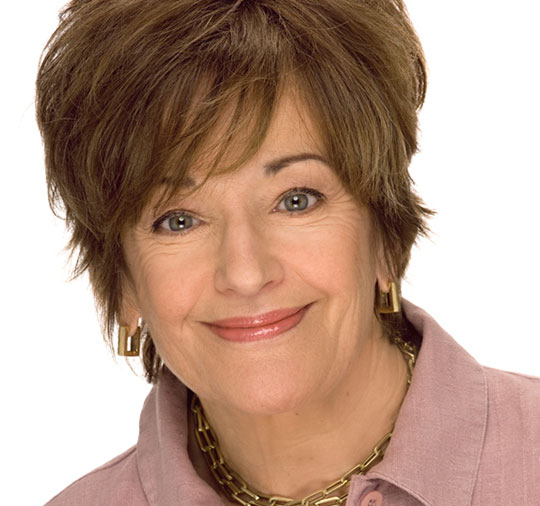Alumni News: Healing Reality's Wounds
Ghislaine Boulanger shed new light on trauma by studying Vietnam veterans
Understanding trauma by studying Vietnam veterans
BY JIM REISLER
AS A CHILD OF THE SIXTIES, Ghislaine Boulanger (Ph.D. ’81) attended many antiwar rallies. So in 1976, as a doctoral student in TC’s Clinical Psychology Program, she jumped at the chance to work on the first-ever epidemiological study of Vietnam veterans as the focus for her dissertation.
Very quickly, Boulanger began to wonder: Why were so many veterans suffering psychological breakdown after returning home? The term posttraumatic stress disorder (PTSD) was not yet in the lexicon; the condition was known simply as post-Vietnam syndrome. Boulanger discovered that the reactions of soldiers who had been exposed to moderate levels of combat were partly influenced by their family background, education and other factors—but for soldiers exposed to higher levels of combat, background didn’t matter. “A soldier will develop some post-traumatic stress symptoms at intense levels of combat, regardless of predisposing factors,” says Boulanger, a prominent New York City-based psychoanalyst who taught psychodynamic theory at TC and is now on the faculty at the NYU Postdoctoral Program in Psychotherapy and Psychoanalysis. “It was a stunning finding because up until then psychodynamic therapists believed that childhood factors always mediated what happened in adulthood.”
The work of Boulanger and her colleagues prompted the Veterans Administration to open 90 additional Vet Centers offering psychological services to Vietnam era vets. It also shaped Boulanger’s career as a clinical psychologist and psychoanalyst in both private practice and the community. Her 2007 book, Wounded by Reality: Understanding and Treating Adult Onset Trauma, details how catastrophic events can scar the psyche in profound ways often unrecognized by clinicians who emphasize patients’ childhoods and family histories. “Survivors can be people who lived through combat, a serious accident, a natural disaster, or an act of terrorism,” she says. “It results in a near-fatal disruption of fundamental aspects of self-experience.”
Boulanger has consulted for the Far Fund Project, which explores Hurricane Katrina’s effects on the local therapeutic community, and in 2009 joined with colleagues in resigning from the American Psychological Association to protest the organization’s “complicity” in the “illegal and inhuman” detention of prisoners at Guantánamo Bay. Four years ago, while visiting family, Boulanger discovered that, as head of the Aliens Department in the British Home Office during World War II, her grandfather, Ernest Napier Cooper, had enabled untold numbers of Jews to escape Europe. “Even though I was a very little girl, somehow my grandfather transmitted his values and activism to me,” Boulanger says.
Published Thursday, Dec. 15, 2011
